IBS Test
We offer two types of tests; Lab Tests and Rapid Tests. This product is under the category Lab Tests. See all our Lab Tests by following the link.
See allWe offer several different options of testing methods. This test is done with Stool. See all tests done with Stool by following the link.
See allGetTested’s IBS test is an in-depth gastrointestinal test that analyses the intestinal flora (bacteria and yeast), digestive function such as pancreatic elastase, bile acids, digestive residues, as well as alpha-1 antitrypsin, calprotectin and secretory IgA. The IBS Test is suitable for you who wish to make a thorough examination of your gut, as many of our health problems arise from imbalances in our gut.
If you’re dealing with IBS, consider combining this with our SIBO Test to further investigate potential root causes of your symptoms.
- In stock
- At-home tests
- Fast delivery

Get 5% off on 2 Lab tests, and 10% off on 3 Lab tests or more.
Which items are measured in the IBS test?
IBS Test - comprehensive digestive / gut health test
The IBS test is an in-depth test that gives you a thorough analysis of your digestive system and intestinal flora. We measure digestive function, digestive residues, bacteria and yeast in the intestinal flora, digestive malabsorption and inflammatory markers. Common imbalances in IBS are, for example, overgrowth of candida, pathogenic bacteria, lack of a healthy bacterial flora, leaky gut or digestive weakness.
Imbalance in the intestinal flora is very common in IBS and impairs the protective function of the intestinal mucosa and our immune system. Many people often say that 60-80% of individuals with IBS also suffer from SIBO (Small Intestinal Bacterial Overgrowth), a condition characterized by an excessive bacterial growth. However, experts consider SIBO a secondary disease, usually stemming from other weaknesses in the digestive system. Therefore, experts recommend conducting a thorough analysis of the gut to investigate underlying factors, which this test effectively does.. However, a SIBO test is still a complementary add-on to get an even more comprehensive overview of your gut health.
Who should take the IBS Test?
The IBS test is suitable for you who have IBS or similar stomach problems and so far have not received the right help. It suits you who either have had problems for a long time or have recently started to experience them. The sooner you find the root cause of your problems, the faster you can take action to treat the imbalances you have. If you suffer from IBS, we can recommend that you also test yourself for food intolerances and SIBO. The first step is to remove things that can disturb your gut and intestines, whether it is food you cannot tolerate, overgrowth of bacteria/fungus/yeast, or toxins.
The IBS Test analyses:
- 13 intestinal flora bacteria
- 4 yeast
- The pH value
- Digestive residues (fat, nitrogen, sugar and water)
- Secretory IgA
- Pancreatic elastase
- Bile acids
- Alpha-1 antitrypsin
- Calprotectin
How does the IBS Test work?
The test is a stool test that is performed at home and then sent to our lab for analysis. After you have placed your order, you will receive a test kit with everything you need to be able to perform the test. You will then receive the answer digitally.
FAQ
How is the IBS test carried out?
Who should get a IBS test?
How quickly will I receive my results?
Anything to consider before taking the test?
Example Report
Example of IBS Test
Reviews
-
A godsend. Not only did they pinpoint IBS, but they also dove deep into potential triggers, offering a blueprint to tackle my digestive woes. Taking these findings to my nutritionist, I was able to craft a diet that substantially diminished my symptoms. The peace of mind and physical relief I've gained since taking this test is immeasurable. :) Thank u!!!!!
-
The journey with my digestive system has been nothing short of a roller coaster. From the highs of enjoying a hearty meal to the steep drops of sudden stomach cramps, my day-to-day was unpredictable, to say the least. Multiple visits to doctors had yielded nothing concrete, apart from the usual "maybe it's stress" or "try avoiding spicy foods." With a mix of hope and skepticism, I decided to explore the IBS Test. From the get-go, the experience was more than I had hoped for. The kit, which landed on my doorstep faster than anticipated, was impressively put together. Clear, step-by-step instructions removed any apprehension I felt about taking a medical test at home. I appreciated the care and thought that went into making the process as smooth as possible for users. The real magic, however, was in the results. Detailed yet easy to understand, they painted a vivid picture of my digestive health. The confirmation of IBS was bittersweet – while no one wishes for a diagnosis, there was solace in finally having an answer. But the test went beyond just a label. It delved deep into triggers, patterns, and even provided guidance on potential next steps. Empowered with this newfound knowledge, I sought professional dietary advice. A few tweaks here, a couple of substitutions there, and within weeks I started to notice a difference. The frequency of my flare-ups reduced, the severity of cramps lessened, and I began to feel more in control of my body. In retrospect, the IBS Test was a turning point. It transformed a nebulous cloud of symptoms into tangible data that I could act upon. For anyone wading through the murkiness of digestive discomfort without clear answers, I wholeheartedly recommend taking this plunge. It's truly illuminating.
Related Products
-
Celiac/Gluten Intolerance Test
Experience the simplicity of tracking your gluten sensitivity using GetTested's Celia...€ 19,00 Add to cart -
DNA Gut Health Test
The DNA Gut Health test from GetTested provides a detailed genetic analysis of 219 ge...€ 159,00 Add to cart -
Fructose Intolerance Test
GetTested's Fructose Intolerance Test determines your ability to metabolize fructose,...€ 79,00 Add to cart -
H. pylori test (peptic ulcer)
Peptic ulcers are a common condition that affects many people. The main cause of pept...€ 19,00 Add to cart -
SIBO Test
The SIBO test is recommended if you suspect a bacterial overgrowth in the small intes...Original price was: € 189,00.€ 179,00Current price is: € 179,00. Add to cart
You may also like…
Trusted by over 10.000+ customers


“The home test was straightforward with easy to follow instructions. The test result was detailed and clear in its presentation. Also had the opport...”
Richard

“We looked at a lot of companies offering the same services but made the decision to go forward with get tested because the labs are based here in t...”
Natasha

“There are other providers out there, I have tried 3. Gettested was the fastest and the customer service was the best. I even received my test on th...”
Alan

“Absolutely perfect, results came after few days and finally after a lots of times visited GP, we finally know why my son has eczema - he is allergy...”
E

“I found them to be professional and not too long a wait for results. Helpful with any after questions. Will be using them again if need be. I highl...”
Eileen

“I really value my test and to see the results. It is a jungle when your health is online. So get accurate and precise knowledge is a gift, as it is...”




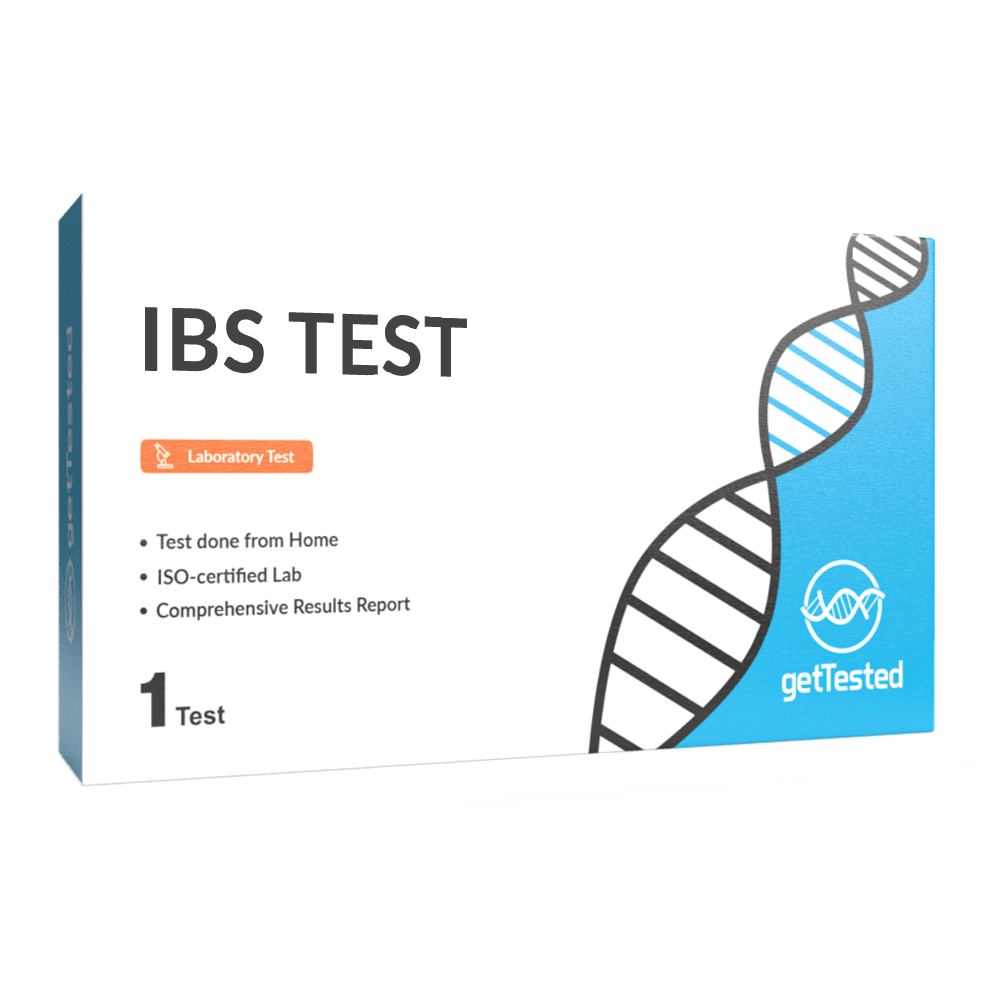
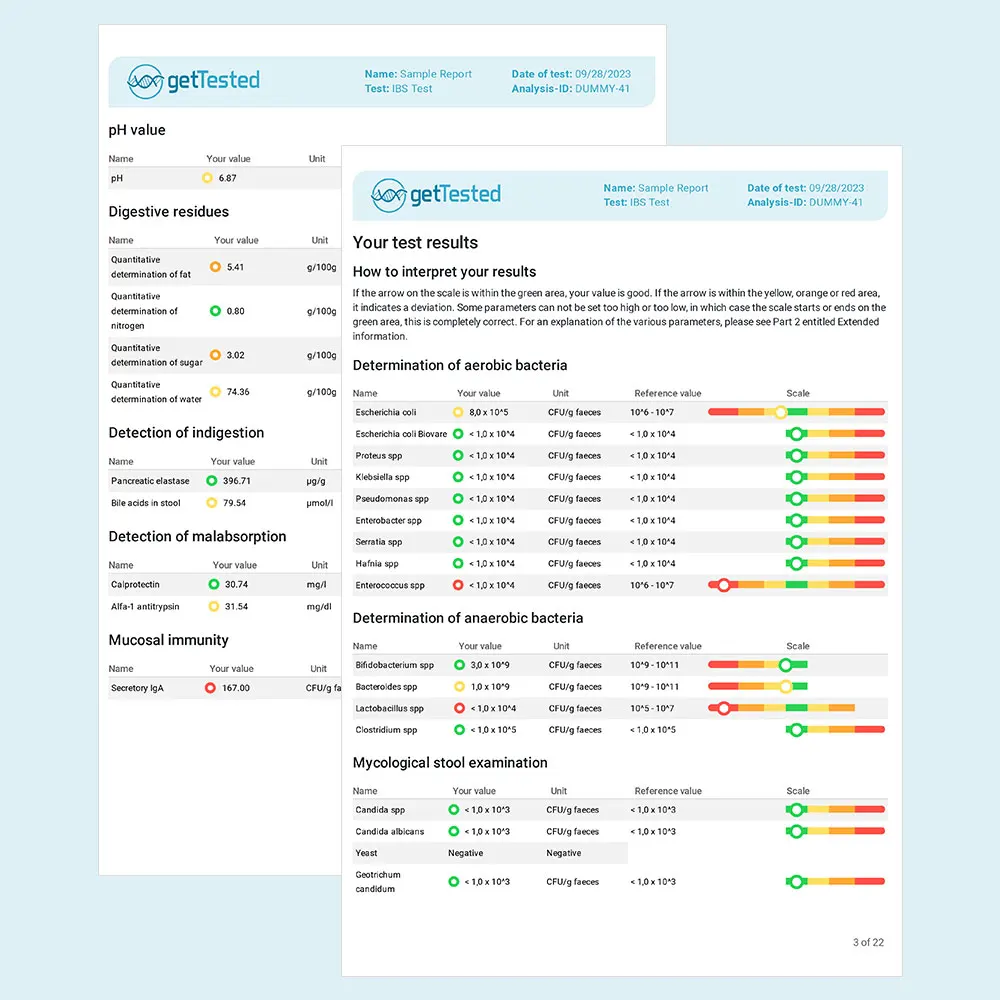

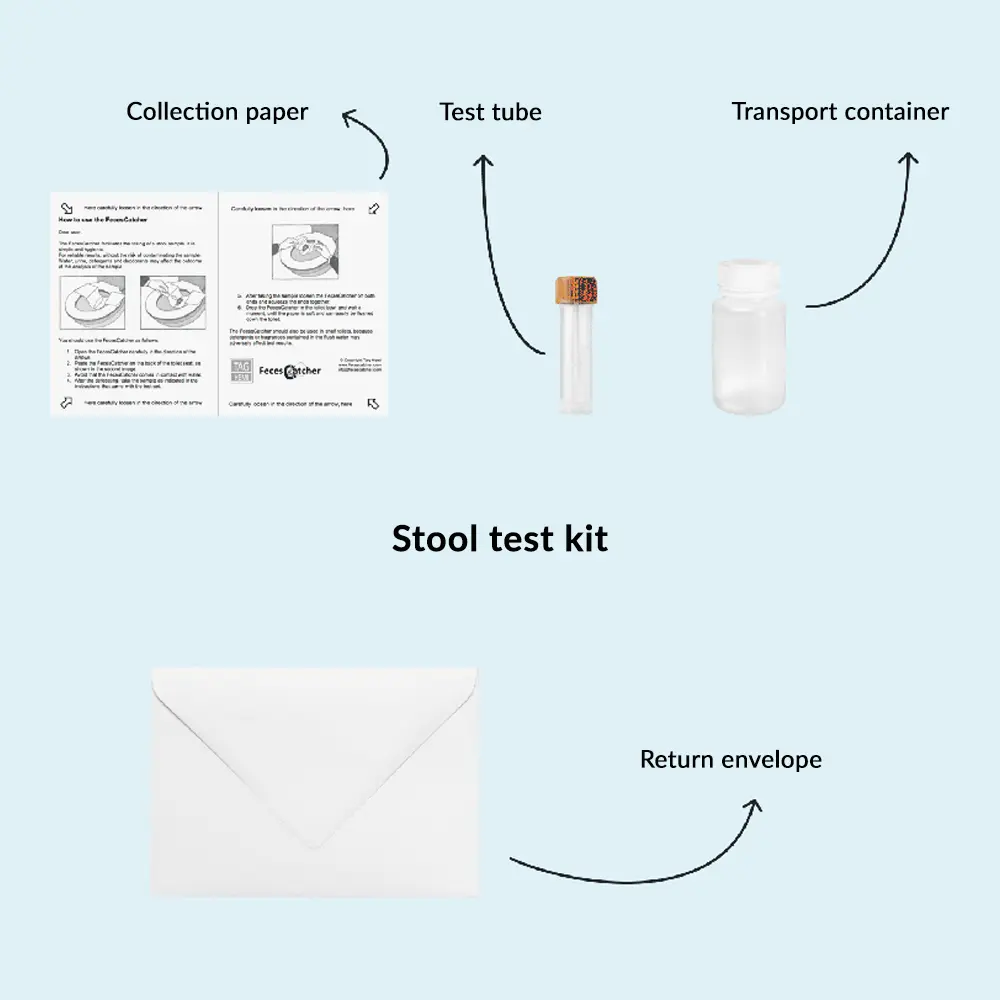

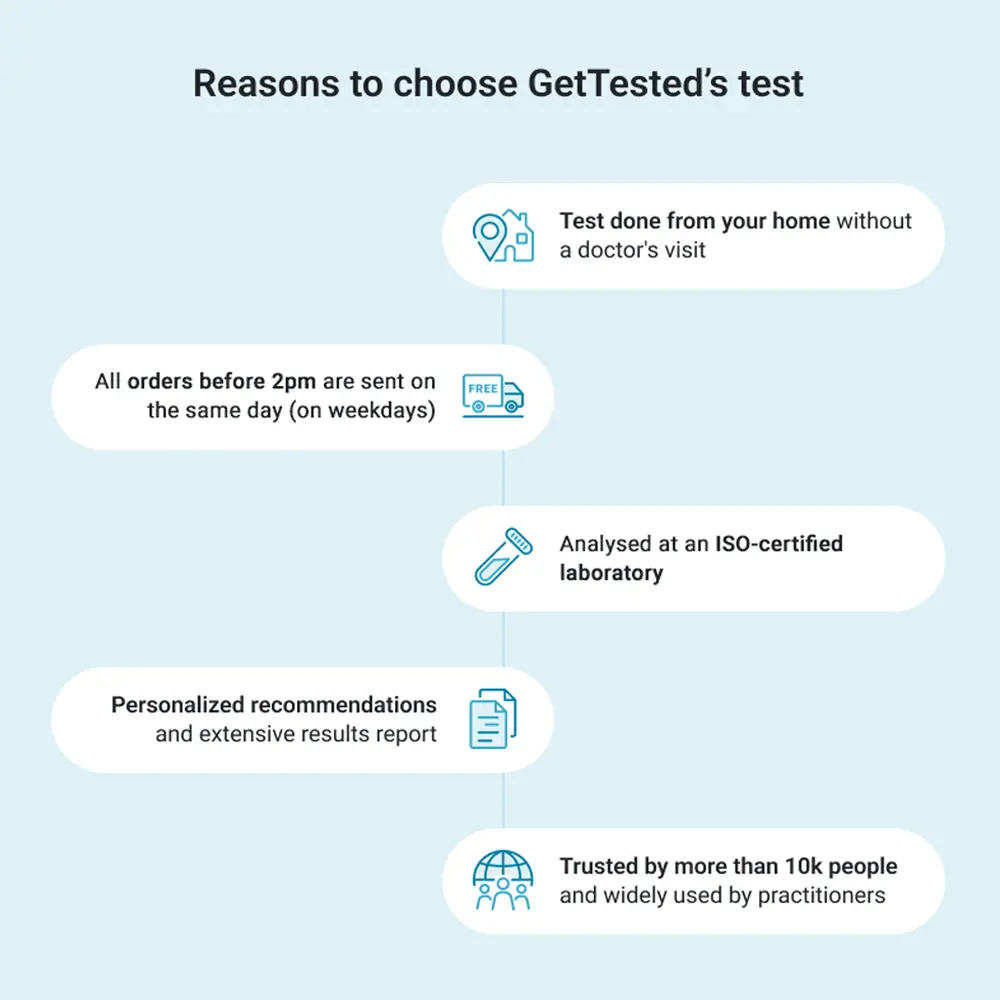


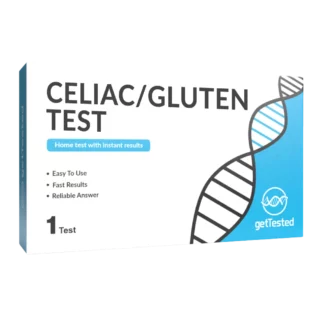
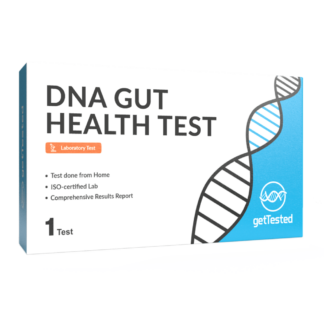

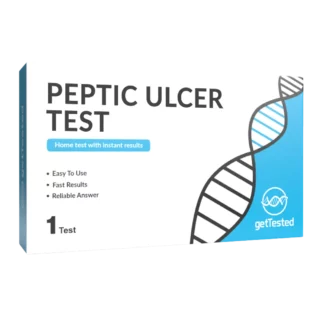
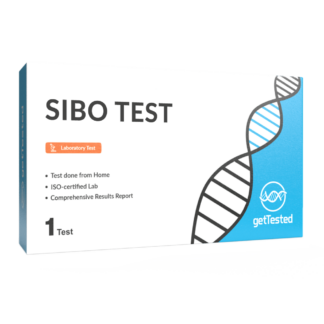
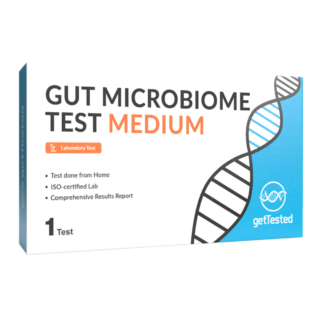

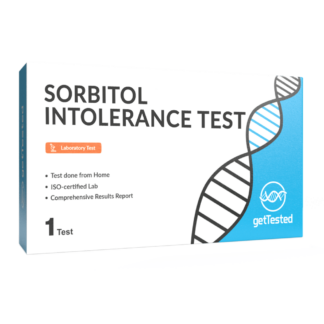
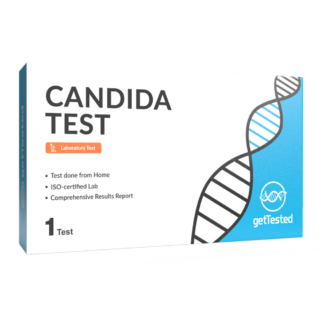












Leave a Reply